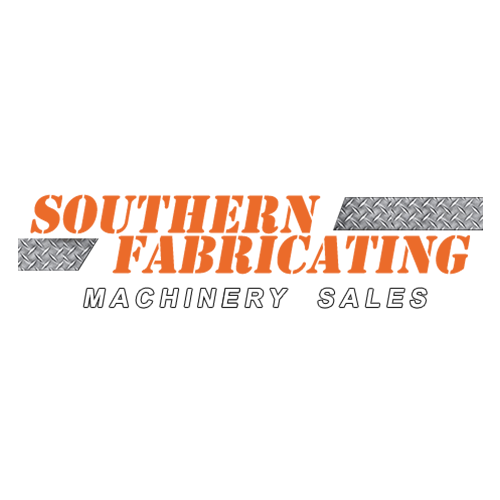
Posted By: Southern Fabricating Machinery Sales | Posted On: December 3, 2024
The History of Amada Shearing Machines: Precision and Innovation
The History of Amada Shearing Machines: Precision and Innovation
Shearing machines have long been an essential tool in the metal fabrication industry, allowing for precise cutting of sheet metal. Among the giants of this field is Amada a global leader in metalworking machinery. Founded in 1946, Amada has played a pivotal role in revolutionizing the way industries handle metalworking processes. Its line of shearing machines, in particular, represents a marriage of tradition, innovation, and precision engineering. This article explores the history of Amada shearing machines, their evolution, and their influence on the metal fabrication industry.
The Early Days: Post-War Recovery and the Birth of Amada
Amada Co., Ltd. was established in 1946 in Japan, amidst the country’s post-World War II recovery efforts. With a focus on supporting industrial growth, the company initially produced basic metalworking bandsaws. The demand for efficient and reliable manufacturing equipment skyrocketed during the reconstruction period, paving the way for Amada’s innovations.
Shearing machines, used to cut sheets of metal to size, became one of the core products in Amada’s lineup. These machines addressed the pressing need for accuracy and speed in metalworking, a requirement driven by Japan’s rapid industrialization.
The 1950s and 1960s: First Innovations in Shearing
During the 1950s, Amada introduced its first-generation shearing machines. These mechanical shears were designed with durability and precision in mind. At the time, the company focused on improving cutting quality and extending the lifespan of its machines.
By the 1960s, Amada began integrating more advanced mechanical systems into its machines. Hydraulic-powered shears started to gain traction due to their ability to handle thicker materials with consistent force distribution. Amada capitalized on this trend by developing its first hydraulic shearing machines, which offered better performance and reduced operator fatigue.
The 1970s and 1980s: CNC Integration
The 1970s marked a technological turning point for Amada as Computer Numerical Control (CNC) systems began transforming manufacturing processes. Recognizing the potential of automation, Amada started integrating CNC technology into its shearing machines. These CNC-controlled shears allowed for precise programming of cutting dimensions, reducing manual errors and increasing efficiency.
Amada’s CNC shearing machines gained significant traction in the 1980s, as industries sought higher productivity and tighter tolerances. The introduction of features like programmable backgauges, adjustable cutting angles, and automatic material handling systems set Amada apart from competitors.
The 1990s: Expanding Global Reach
As globalization reshaped the manufacturing landscape in the 1990s, Amada expanded its reach beyond Japan, establishing manufacturing facilities and sales networks worldwide. The company’s shearing machines became synonymous with reliability and precision, earning them a solid reputation in North America, Europe, and Asia.
During this period, Amada also emphasized environmental responsibility. Energy-efficient designs and reduced material wastage became key selling points of its shearing machines, aligning with the growing demand for sustainable manufacturing practices.
The 2000s: Advanced Technology and Automation
The 21st century brought a wave of innovation to Amada’s shearing machines. Laser cutting and advanced automation technologies began to dominate the metalworking industry, and Amada adapted by enhancing its shearing machines to complement these technologies.
Some key advancements included:
- Touchscreen Interfaces: User-friendly control panels simplified machine operation.
- Enhanced Safety Features: Advanced safety mechanisms, such as light curtains and emergency stop systems, ensured operator protection.
- Integrated Software: Amada introduced proprietary software solutions to streamline workflow, enabling seamless integration between shearing machines and other metal fabrication equipment.
Modern Amada Shearing Machines
Today, Amada shearing machines represent the pinnacle of precision and efficiency. Modern models are designed to meet the demands of Industry 4.0, incorporating IoT (Internet of Things) capabilities for real-time monitoring and predictive maintenance. These machines are built to handle diverse materials, from ultra-thin aluminum sheets to thick steel plates, with unparalleled accuracy.
Some flagship features of modern Amada shearing machines include:
- Servo-Hydraulic Systems: Combining the power of hydraulics with servo motor precision for consistent performance.
- Smart Tooling Systems: Automated tool changes and blade adjustments reduce downtime and improve productivity.
- Environmentally Friendly Designs: Reduced power consumption and quieter operation.
Amada’s Legacy in the Shearing Machine Industry
Amada’s commitment to innovation has cemented its place as a leader in the metal fabrication industry. Over the decades, its shearing machines have evolved from simple mechanical devices to sophisticated, CNC-controlled systems. These advancements have enabled manufacturers to achieve higher precision, lower costs, and greater productivity.
Beyond technical achievements, Amada has consistently prioritized customer satisfaction. Its extensive service network, training programs, and focus on continuous improvement have built long-lasting relationships with clients worldwide.
Looking Ahead
As manufacturing technology continues to evolve, Amada is poised to lead the way in developing cutting-edge shearing machines. Future advancements may include greater AI integration, even more sustainable designs, and enhanced customization options to meet the unique needs of manufacturers.
Amada’s journey from a post-war startup to a global powerhouse is a testament to its unwavering dedication to quality and innovation. The history of Amada shearing machines is not just a story of engineering excellence but also a reflection of how technology can drive progress in the manufacturing world. For businesses seeking the best in metal fabrication, Amada remains a trusted name that continues to set the standard for precision, reliability, and innovation.






